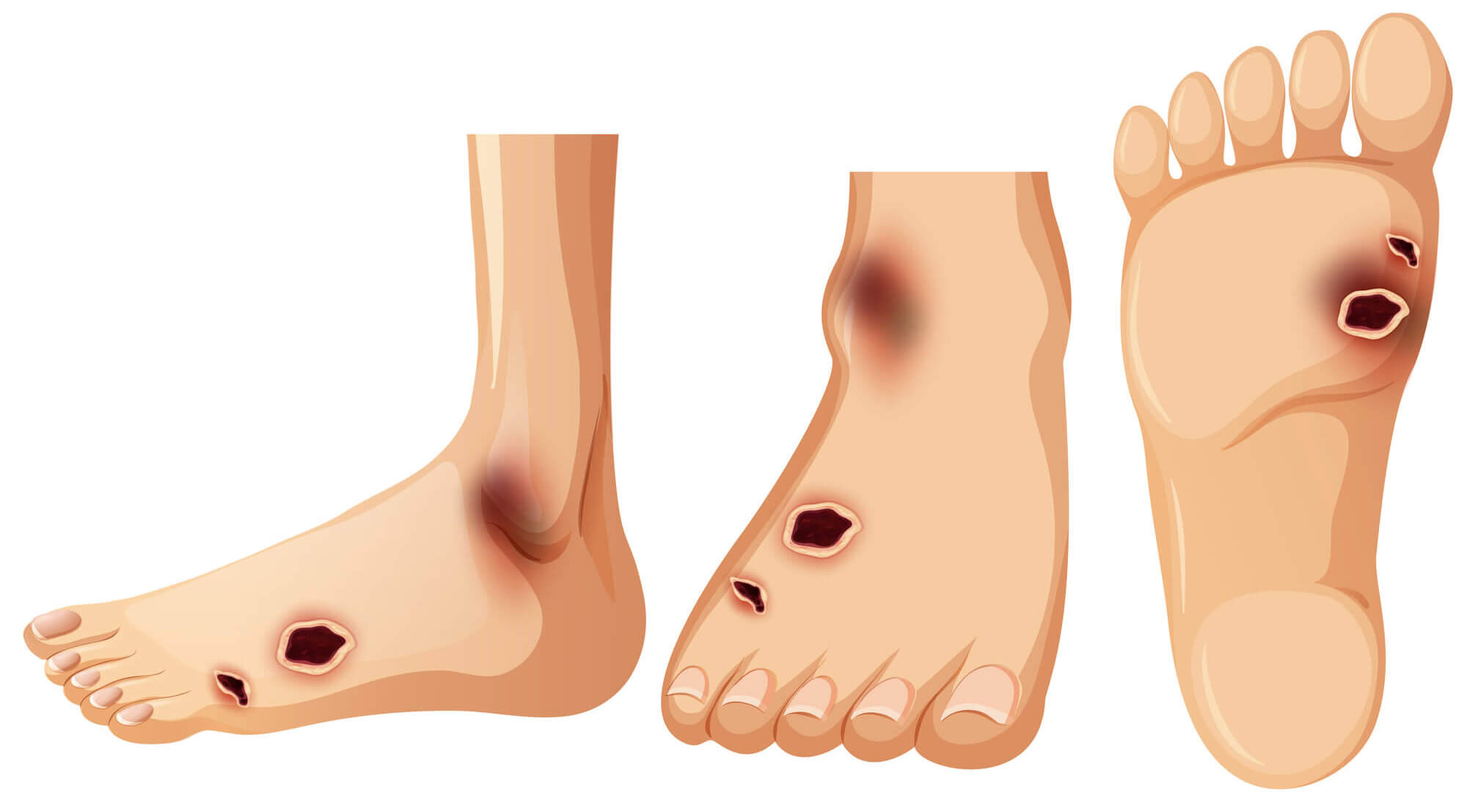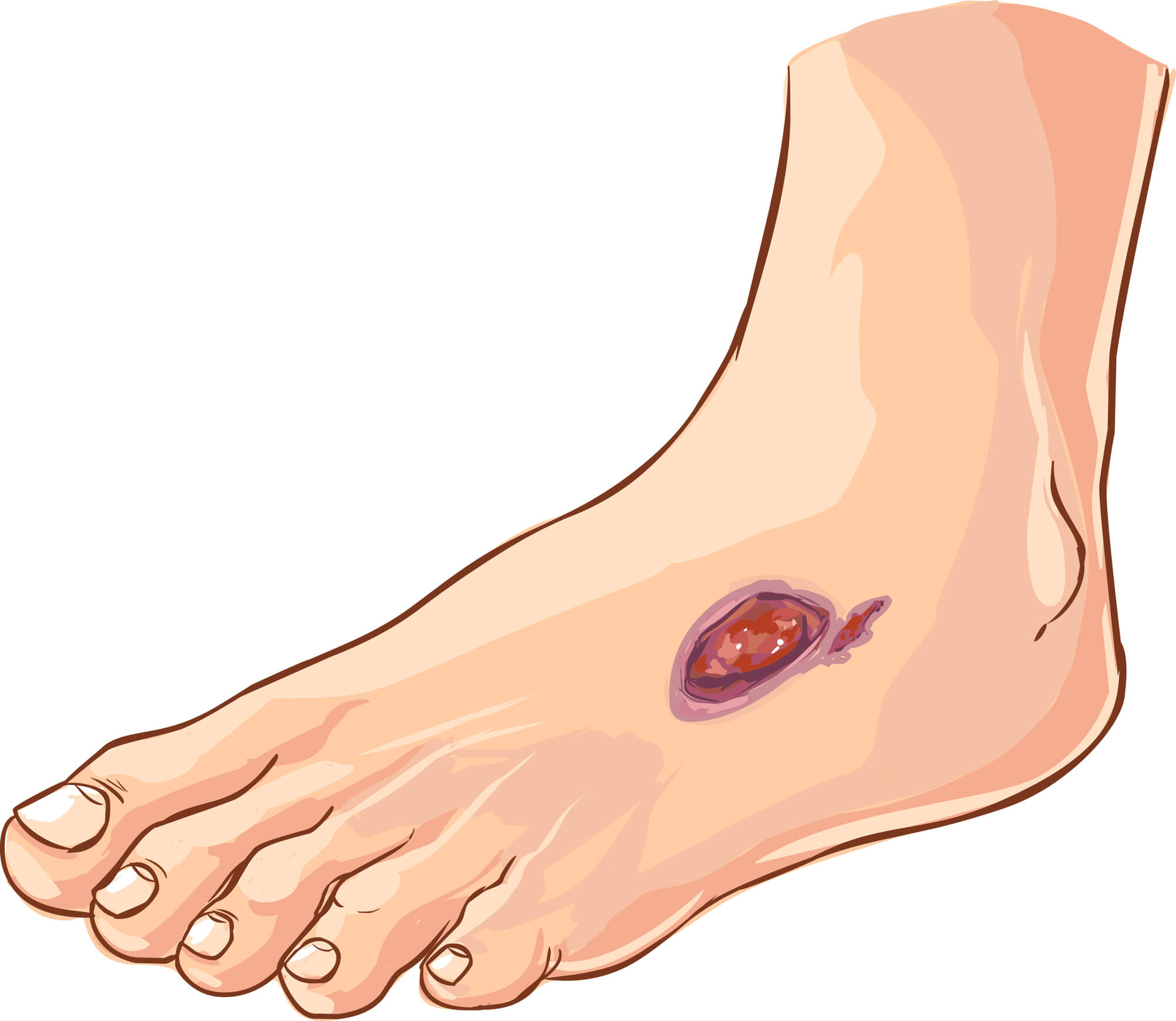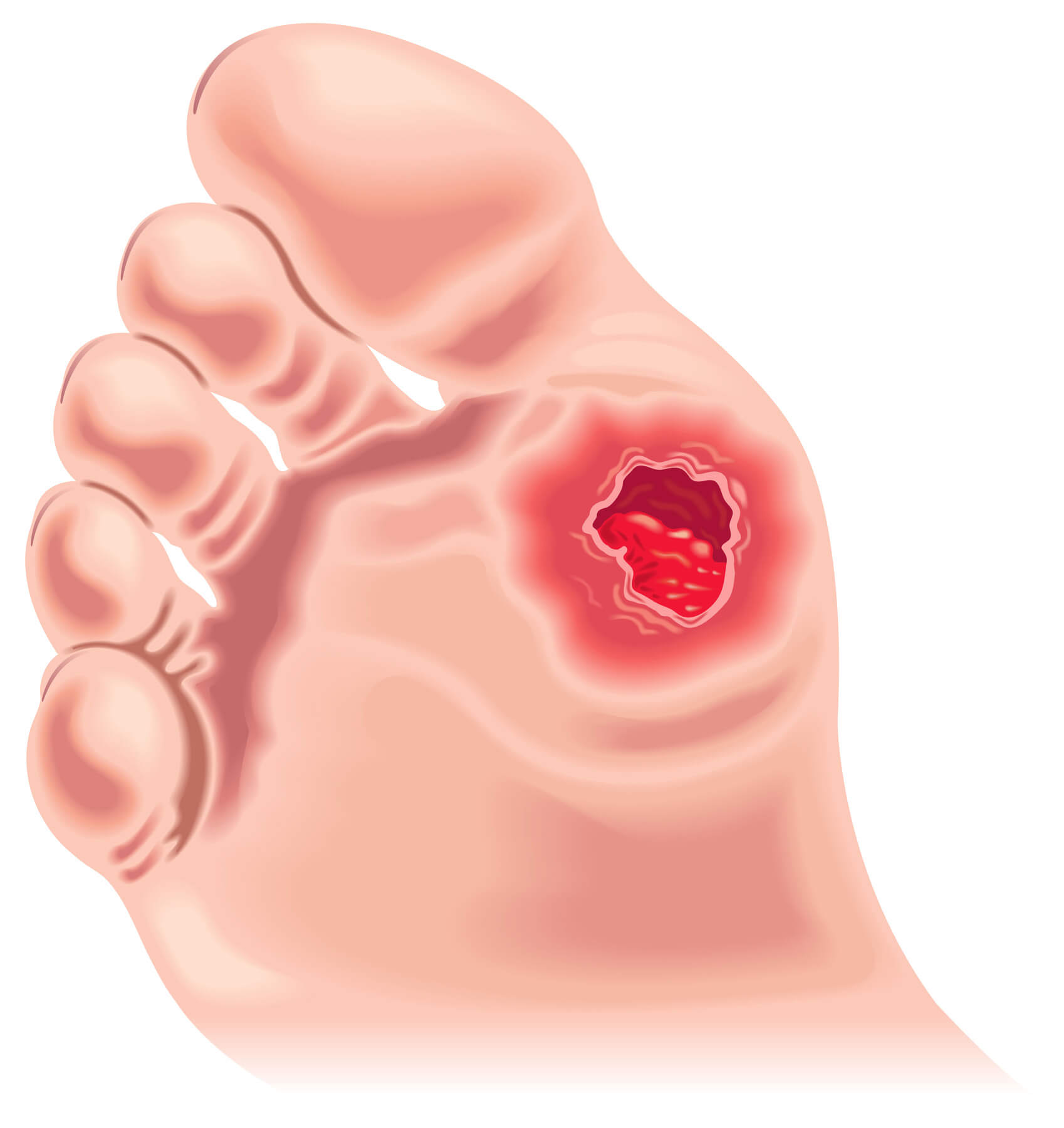How to Take Care of Diabetic Feet
Taking care of your feet is important for everyone, but it's especially crucial for people with diabetes. Diabetes can cause nerve damage and poor circulation in your feet, leading to serious complications such as infections, wounds, and even amputation if left untreated. That's why it's so important for diabetics to take good care of their feet and pay attention to any changes or problems that may arise.
In this article, we'll cover everything you need to know about taking care of diabetic feet. We'll discuss why good foot care is essential for diabetics, how to maintain healthy feet through daily foot care, and how to check your feet for problems. We'll also provide tips for diabetic foot care and what to do if you experience any issues with your feet. By following these guidelines, you can help keep your feet healthy and protect them from problems that could arise.
Why Good Foot Care is Important for Diabetics
Diabetes can cause many problems in the feet, including nerve damage and poor circulation. Nerve damage, also known as neuropathy, can lead to numbness and reduced sensation in the feet. This means you may not notice if you have a sore, blister, or other foot injuries that could become infected if left untreated. Poor circulation, on the other hand, can make it harder for wounds and infections to heal and increase the risk of these problems occurring in the first place.
Both of these issues can be serious if left unchecked. Nerve damage can lead to amputation if a foot injury goes unnoticed and becomes infected. Poor circulation can also lead to amputation if it's not treated and the lack of blood flow leads to tissue death in the feet or legs. In severe cases, diabetes can also cause problems with the shape of your feet, leading to foot deformities that can make it difficult to walk or find shoes that fit properly.
That's why it's so important for diabetics to take good care of their feet and pay attention to any changes or problems that may arise. Following a daily foot care routine and checking your feet regularly can help prevent these issues and keep your feet healthy.

How to Maintain Healthy Feet
Daily Foot Care
Taking care of your feet daily is important to keep them healthy. Here are some tips for maintaining healthy feet through daily foot care:
- Wash your feet daily with warm water and soap, and dry them thoroughly, especially between the toes: This will help remove dirt, sweat, and other substances that can accumulate on your feet and lead to infections or other problems.
- Trim your toenails straight across and file any sharp edges to prevent ingrown nails: This is especially important if you have neuropathy and can't feel your toes as well.
- Apply lotion to your feet to keep the skin soft and moisturized, but avoid getting it between your toes: This can help prevent dry, cracked skin, which can be more prone to infections and other problems. Be sure to use a lotion free from dyes and perfumes, as these can irritate sensitive skin.
- Wear shoes and socks at all times to protect your feet from injury: This is especially important if you have neuropathy and can't feel your feet as well, as you may not notice if you step on something sharp or bump your feet against something.

Checking Your Feet
In addition to daily foot care, it's also important for diabetics to check their feet regularly for any changes or problems. Here's how to do it:
- Examine your feet every day for cuts, blisters, redness, or swelling: Use a mirror or ask someone else to help you check the bottoms of your feet if you can't see them easily. Pay particular attention to any areas that are hard to see or reach, such as between your toes or the soles of your feet.
- Report any changes or issues to your healthcare provider immediately: Cuts, blisters, redness, swelling that don't go away, or any other changes you notice in your feet. Your healthcare provider can help determine the cause of the problem and provide treatment if necessary.

Other Tips for Diabetic Foot Care
In addition to daily foot care and checking your feet regularly, there are some other things you can do to keep your feet healthy:
- Wear shoes and socks that fit well and provide good support: Shoes that are too tight or loose can cause problems with your feet, such as blisters or calluses. Try on shoes before buying them to ensure they fit properly and are comfortable to walk in.
- Choose socks made of materials that wick moisture away from your skin: This will help keep your feet dry and prevent sweating, which can lead to infections or other problems. Cotton socks are a good choice, as they absorb moisture and help keep your feet dry.
- Avoid going barefoot or wearing open-toe sandals: Going barefoot increases the risk of foot injuries, while open-toe sandals offer little protection for your feet. Always wear shoes and socks to protect your feet.
- Avoid hot water bottles, heating pads, and electric blankets on your feet: These can cause burns on your skin if you have neuropathy and can't feel the heat. If you need to warm your feet, wear warm socks or use a heating pad on a low setting.
- Don't soak your feet for long periods: Soaking your feet for too long can soften your skin and increase the risk of infections or other problems. If you need to soak your feet, limit it to 15 minutes or less.
- Don't use corn or callus removers, or try to cut corns or calluses yourself: These products can cause damage to your skin and increase the risk of infections. See a podiatrist or foot doctor for treatment if you have corns or calluses.
- Avoid smoking, which can damage your blood vessels and decrease circulation to your feet: If you smoke, it's especially important to take good care of your feet to prevent problems.
Conclusion
Good foot care is essential for diabetics to prevent serious complications such as nerve damage, poor circulation, and amputation. By following a daily foot care routine and paying attention to any changes in your feet, you can keep your feet healthy and avoid problems.
Remember to wash your feet daily, trim your toenails straight across, wear shoes and socks that fit well, and check your feet regularly for any changes or problems. If you experience any issues with your feet, don't hesitate to contact your healthcare provider or a podiatrist for help. By taking care of your feet when you have diabetes, you can help protect them from problems that could arise.

